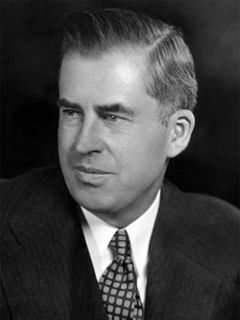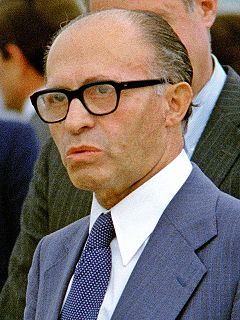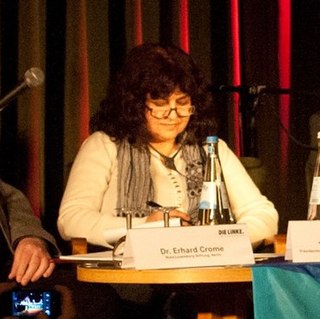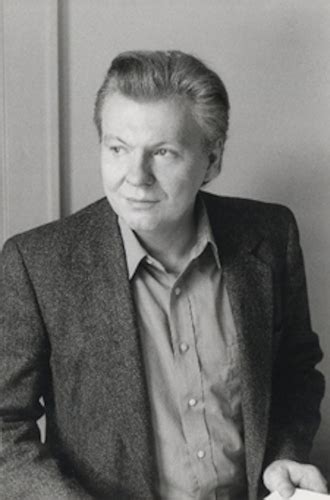A Quote by Sadiq Khan
The U.K. has some of the best protections in law for religious groups in the world. They aren't perfect, but they provide a strong basis for religious groups to be free from fear of discrimination. I'm proud of this because it underpins what is decent about our country.
Related Quotes
If you look back at history or you look at any place in the world where religious groups or ethnic groups or racial groups or political groups are killing each other, or families have been feuding for years and years, you can see - because you're not particularly invested in that particular argument - that there will never be peace until somebody softens what is rigid in their heart.
The federal Religious Freedom Restoration Act passed unanimously in the House, won 97 votes in the Senate, and was signed into law by President Bill Clinton. Twenty states have passed their own versions of this law, and 11 additional ones have religious-liberty protections that state courts have interpreted to provide a similar level of protection.
The goal of this office will not be to favor one religious group over another - or even religious groups over secular groups. It will simply be to work on behalf of those organizations that want to work on behalf of our communities, and to do so without blurring the line that our founders wisely drew between church and state.
I think there has been an unfortunate tendency for a lot of different groups to forget that distinction between natural law and revealed truth and to say: Our complete agenda is to be enacted into laws governing the entire society. Many different religious groups claim that authority, not only Catholics. A lot of different Protestant groups as well are stepping forward to say: Here is our agenda, it is a moral agenda, ergo it must be enacted into law. I think that the distinction between natural law and more ultimate kinds of doctrine is being lost.
For most of modern life, our strong talents and desires for group effort have been filtered through relatively rigid institutional structures because of the complexity of managing groups. We haven't had all the groups we've wanted, we've simply had the groups we could afford. The old limits of what unmanaged and unpaid groups can do are no longer in operation.
I believe we can, and must, strike a balance between our shared American values of religious liberty and freedom from discrimination. My concerns lie with the possible consequences of politically-driven legislation which claims to promote religious liberty but instead rolls back the legal protections held by LGBT Americans.
Religious freedom is often referred to as America's first freedom. Our country was founded by religious exiles and built on the belief that God has given all people certain inalienable rights. Government's role in society is to protect these rights and ensure that we are safe from religious persecution and discrimination.
If companies can refuse to provide coverage for women, what other objections to the Affordable Care Act will we see based on 'religious grounds'? For that matter, will 'religious freedom' be used as an excuse to discriminate against other minorities and disenfranchised groups across the board? Where will it end?
All attempts at law, all religion, all ethical norms might be nothing more than attempts by the weak to restrain the strong. Then, within the law, arise the new strong, who subvert the law for their own ends of power and family interest, leaving the old strong outside their circle to pursue the waiting possibilities which they call crime. The weak, the cowardly, the decent ones, live between these groups.

































